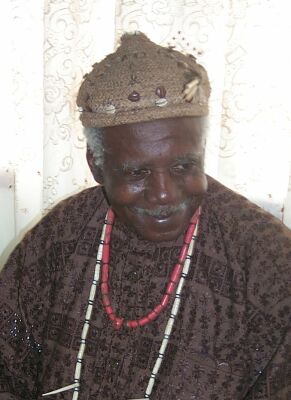|
|
Long Wait for Pension Funds to Get Their Surplus Payouts in Order
By Stephen Cranston, Financial Times
South Africa
August 11, 2005

In most countries, the problem for pension funds is coping with deficits. But in SA, the main problem they face is how to distribute their surpluses.
Under the law, a fund surplus does not belong exclusively to employers: it has to be distributed between former and present members, and pensioners.
Under the Pension Fund Second Amendment Act, which became law in 2001, all 13,500 pension funds are required to undertake a "surplus-apportionment exercise", as part of their first actuarial valuation, to establish whether they have a surplus and how they intend to distribute it.
Once this has been approved by the Financial Services Board (FSB), the financial regulator, funds will have to release up to R80bn in total surplus funds. Anybody who was a member of a fund after January 1 1980 is entitled to a share of its surplus.
Mike Codron, chief actuary of the FSB, says he does not expect more than 2,000 funds to have surpluses, but they could easily cover half of the 6-million membership of pension funds in SA.
Historically, when people changed jobs they were given scandalously low withdrawal benefits. Most funds gave members back only their own contributions plus a nominal 5%.
Defined benefit became deeply unpopular, and in the private sector members converted to defined contribution in which their own and the company's contribution was fully vested.
Almost everyone moved their accumulated capital into the new defined contribution scheme and gave up their defined benefit rights - usually in return for a top up of about 25%-30% in their total capital.
Jan Mahlangu, pensions co-coordinator for the Congress of South African Trade Unions, says that a large part of fund surpluses is made up of money owed to former members and never paid.
Many pension funds granted their pensioners increases well below inflation, and under the surplus-apportionment law funds that can afford it will be obliged to give their pensioners increases in line with the rate of inflation, backdated to when the pensions were first paid.
Any remaining surplus can then be divided between members, former members, pensioners and the employer.
The formula needs to be agreed by the board of trustees - which is by law 50% employer appointed and 50% member elected, along with a special representative of former members that each fund is obliged to appoint.
The process is proving expensive to companies. It has provided hours of extra billable hours to actuaries, pension lawyers and businesses that specialize in tracking missing people.
John Kotze, CE of Old Mutual Actuaries Consultants, says costs could range from R25,000 to R10m. He reckons that 40% of the costs will be in communication to members, 20% to a project manager to co-ordinate the process, 20% in data mining, 15% to actuarial costs and a further 5% for legal opinions and the costs of the former member representative.
It is proving to be a long wait for funds to be distributed. Codron says that fewer than 100 full surplus apportionments have been approved along with fewer than 700 applications for funds with no surplus.
Codron says he is unhappy with progress so far, and he has had harsh words with SA's 15 largest pension administrators.
The last surplus-apportionment scheme should be submitted to the FSB by the end of June 2006, though some funds have been granted extensions.
Mahlangu says he is concerned that some actuaries might try to play down the extent of fund surpluses for the benefit of employers who pay their fees. But there is inevitable subjectivity in valuing surpluses.
The most heated dispute is over the Metal Industries Fund, one of the largest private-sector pension funds.
Participating employers are trying to avoid going through a surplus-apportionment exercise, claiming to be governed by collective bargaining legislation rather than the Pension Fund Act.
Mahlangu and his colleagues are disputing this in a court case - not least because there could be up to R13bn at stake.
There are some serious flaws in the legislation. For example, if two funds have merged, only members of the fund which stays registered are entitled to a share of the surplus - the members of the fund that is deregistered are not entitled to anything, even when the assets and liabilities of their old fund disappear into a new one.
|
|



